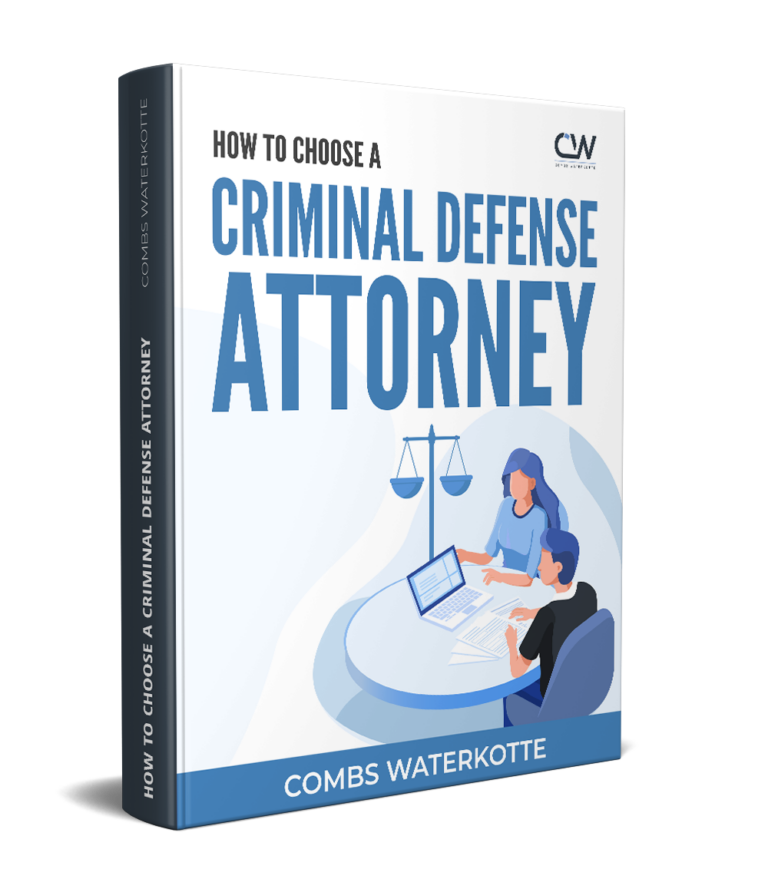Pros and Cons of Legal Self-Representation vs. Hiring a Lawyer: What’s Right for You?
When facing a legal matter, one of the first decisions you’ll encounter is whether to represent yourself or hire a lawyer. Legal self-representation, also known as “pro se” representation, can be appealing to individuals seeking to save money or feel confident in their ability to handle their own case. However, it also comes with its own set of challenges. On the other hand, hiring a lawyer provides expertise and legal support but involves significant costs. Understanding the pros and cons of legal self-representation versus hiring a lawyer is crucial in determining which option best suits your needs, your case, and your budget.
The Appeal of Legal Self-Representation: Saving Money and Gaining Control
One of the most appealing aspects of self-representation is the potential to save money. Lawyers can be expensive, and for many individuals, the cost of hiring a lawyer outweighs the benefits, especially if the case seems straightforward or low-stakes. By representing yourself, you avoid attorney fees and other costs associated with legal services.
Additionally, self-representation allows you to maintain full control over your case. You’re the one making all the decisions, strategizing, and crafting your arguments. This can be empowering, especially for individuals who feel confident in their understanding of the law or have some background in legal matters. You can also communicate directly with the court, ensuring that your voice is heard without intermediary communication through a lawyer.
The Risk of Legal Self-Representation: Complexity and Limited Knowledge
While self-representation offers financial benefits and control, it also comes with significant risks. The legal system is complex, and even seemingly simple cases can have unforeseen legal nuances. Without a lawyer’s experience, it can be difficult to navigate court procedures, understand legal terminology, or identify the most effective strategies.
Mistakes in legal self-representation can be costly, not just financially but in terms of time and outcome. Missing a deadline, filing the wrong documents, or failing to follow procedural rules can result in case dismissal or unfavorable judgments. In many cases, self-represented litigants are at a disadvantage, as the court may expect a level of legal understanding and compliance that is difficult for someone without formal training to meet.
Why Hiring a Lawyer Makes Sense: Expertise and Legal Strategy
Hiring a lawyer provides the advantage of expertise. Lawyers are trained professionals who understand the ins and outs of the legal system. They can offer insight into legal precedents, case strategy, and courtroom procedures, all of which are critical for building a strong case. Whether it’s criminal defense, family law, or business disputes, lawyers know how to navigate the system and represent their clients effectively.
Additionally, lawyers can draft documents, negotiate settlements, and represent clients in court. Their experience and strategic thinking can significantly improve your chances of a favorable outcome. Legal professionals also have access to resources and networks, such as expert witnesses and investigators, which can be vital to the success of complex cases. Furthermore, hiring a lawyer can relieve you of the stress of managing every detail of your case, allowing you to focus on other important aspects of your life.
The Downsides of Hiring a Lawyer: Costs and Communication Challenges
Despite the many benefits of hiring a lawyer, there are drawbacks, with cost being the most significant. Lawyers charge hourly rates or flat fees, which can add up quickly, especially for lengthy or complicated cases. For individuals on a budget, this can make hiring a lawyer less feasible, especially for cases that are not expected to result in significant financial gains.
Additionally, hiring a lawyer can sometimes mean less personal involvement in your case. While you may trust your lawyer’s expertise, the decision-making process is no longer entirely in your hands. Some individuals feel that their case is being handled by someone who doesn’t fully understand their personal concerns or priorities. This can lead to frustration, especially if communication between you and your lawyer is not as frequent or thorough as you would prefer.
Factors to Consider in Your Decision: Case Complexity, Budget, and Personal Involvement
When deciding between self-representation and hiring a lawyer, the complexity of the case plays a central role. For simple, low-stakes issues like small claims court cases, uncontested divorces, or minor traffic violations, self-representation may be sufficient. However, for more complex issues involving significant legal, financial, or emotional stakes, it’s generally advisable to hire a lawyer.
Your budget also plays a critical role in the decision. If you can afford legal representation and the case warrants it, hiring a lawyer is often the best option to ensure the best possible outcome. However, if your financial situation makes hiring a lawyer difficult, exploring pro bono services, legal aid, or low-cost legal services might offer a compromise.
Finally, consider how much involvement you want in the case. If you enjoy research and are comfortable navigating the legal system, self-representation may be more appealing. However, if you prefer to focus on your personal life and leave the legal complexities to an expert, hiring a lawyer might provide the peace of mind you need.
FAQs About Legal Self-Representation vs. Hiring a Lawyer
1. Can I represent myself in any legal case?
Yes, you can represent yourself in most legal matters. However, certain cases, especially criminal cases or highly complex litigation, are better suited for professional representation.
2. How much can a lawyer cost?
Lawyer fees vary based on location, complexity of the case, and the lawyer’s experience. Lawyers may charge hourly rates, flat fees, or contingency fees, with hourly rates typically ranging from $100 to $500 or more.
3. What happens if I make a mistake while representing myself?
Making a mistake can lead to a delay in your case or even a dismissal. Courts may be less lenient with self-represented litigants, so mistakes can have serious consequences.
4. Are there any alternatives to hiring a full-time lawyer?
Yes, alternatives like limited-scope representation, where a lawyer helps with specific aspects of your case, can reduce costs while still providing expert legal assistance.
5. How can I find affordable legal help?
Consider contacting legal aid organizations, bar associations for free consultations, or searching for lawyers who offer pro bono or sliding-scale fees for low-income clients.



